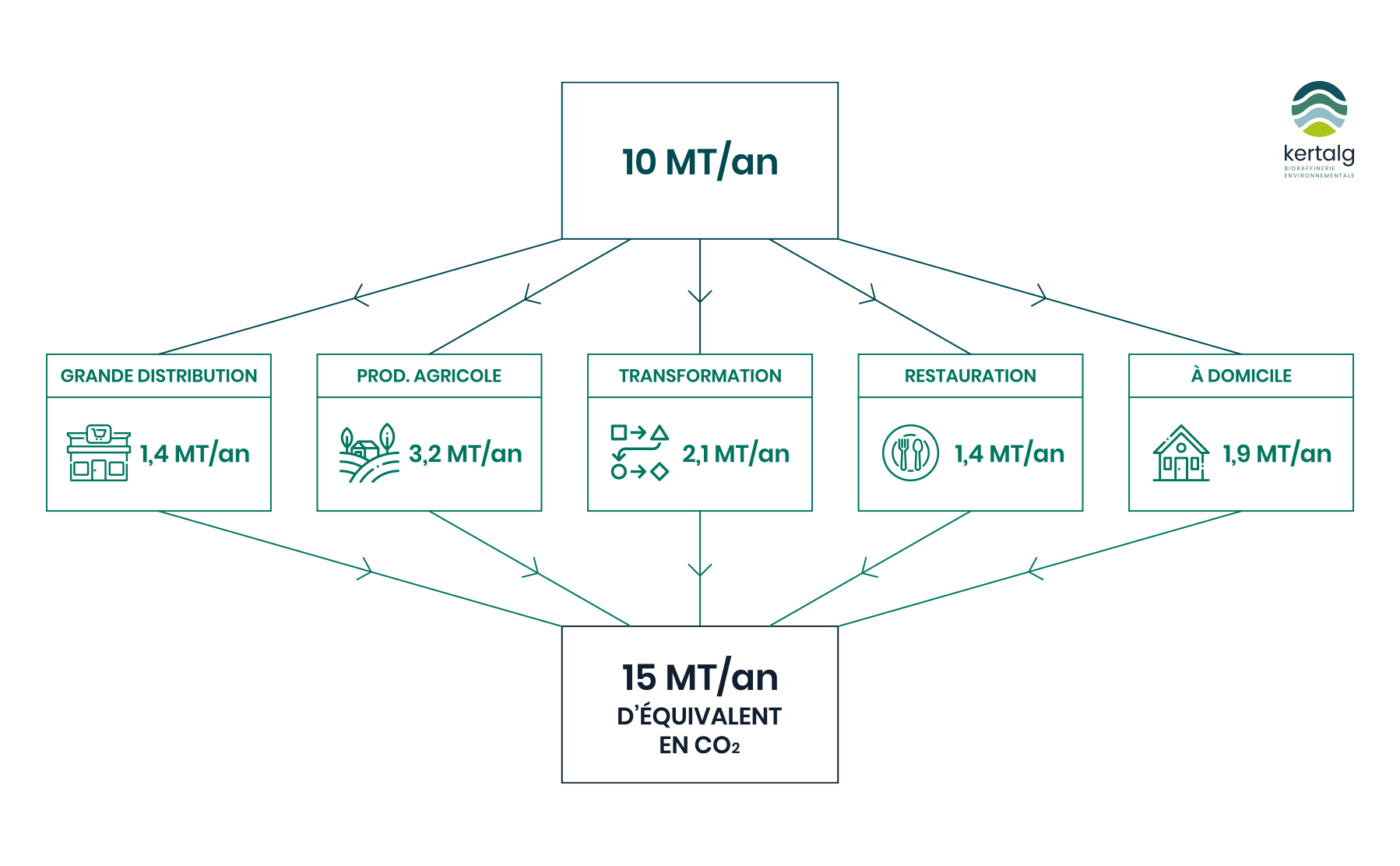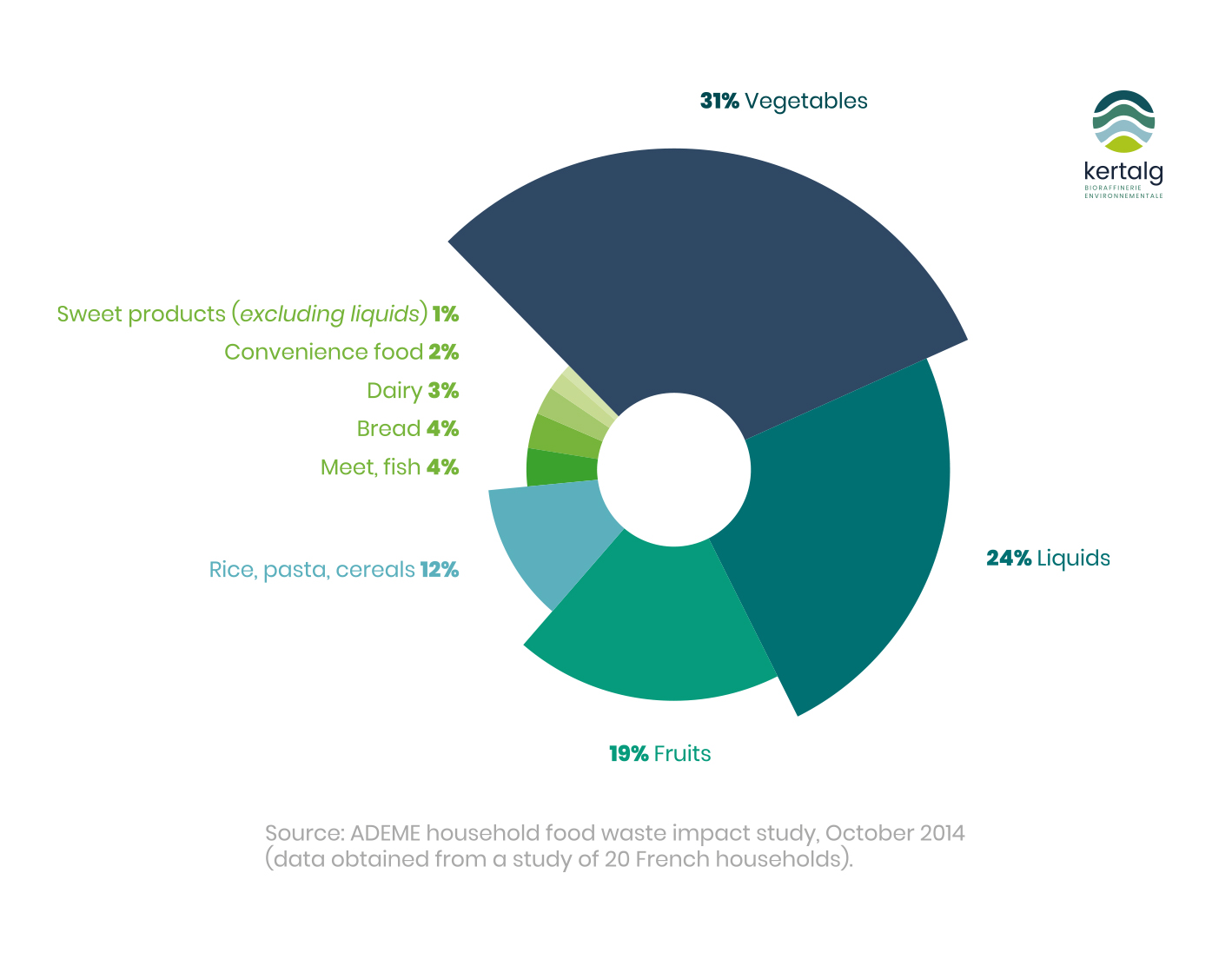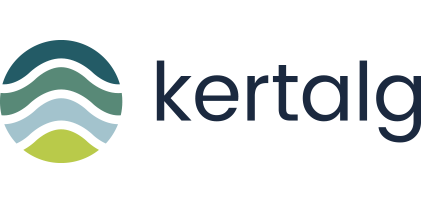Use of freshwater withdrawals.

Scarce resources, growing needs.
Indispensable to all forms of life and human activities, water is a scarce, fragile resource, unequally distributed on Earth. If black gold was the great global issue of the 20th century, "blue gold" will undoubtedly shape the geopolitics and global economy of the future.
Inadequate or non-existent infrastructures and a still insufficient awareness of these issues generate the waste of our resources, the destruction of our environment and colossal financial and human losses.
This is an alarming context that Kertalg cannot change with its recycling process alone, but that its solution for transforming wastewater, which is expensive to dispose of, can prevent and limit its effects. Kertalg transforms wastewater and organic waste into two resources with high added value: water and energy for each according to its needs.
On this global market, Kertalg has specifically adjusted its offer to three main sectors: • The city and its eco-neighbourhoods • The agri-food industry and farms • Hotel resorts or isolated sites, poor in resources and/or infrastructure.
Food waste.
Overproduction and overconsumption are responsible for resource depletion and global warming. A responsible consumption model would help to limit the damage. Unfortunately, it is evident, despite ever stronger signals, that our world is struggling to change its paradigm. Fortunately, local initiatives such as Kertalg's are nevertheless helping to limit the damage.
In France, 10 million tons of food are wasted every year (1.3 billion tons worldwide). From the producer to the consumer, we are all responsible.

Not only are these foodstuffs lost, but they also have a negative impact on the l'environnement
:
• waste of water (250,000 billion litres per year, or 3 times Lake Geneva),
• production of greenhouse gases (2 billion tonnes of CO2 equivalent),
• excessive use of fertilisers and pollution of fresh water reserves.
Some of this waste can be avoided by simple measures: responsible industries and consumers. At the consumer level, 79 kg of bio-waste is generated each year. Within this waste, 60 kg corresponds to the relief of meal preparation, and therefore cannot be avoided.
By combining reasonable consumption with the necessary waste recovery by a Kertalg system, we can therefore reverse the trend. The French bio-waste deposit alone would allow the production of 4.5 TWh/year of electricity, i.e. the electricity usage of 600,000 inhabitants, or the entire country of Luxembourg.
To go further: What is being wasted?

